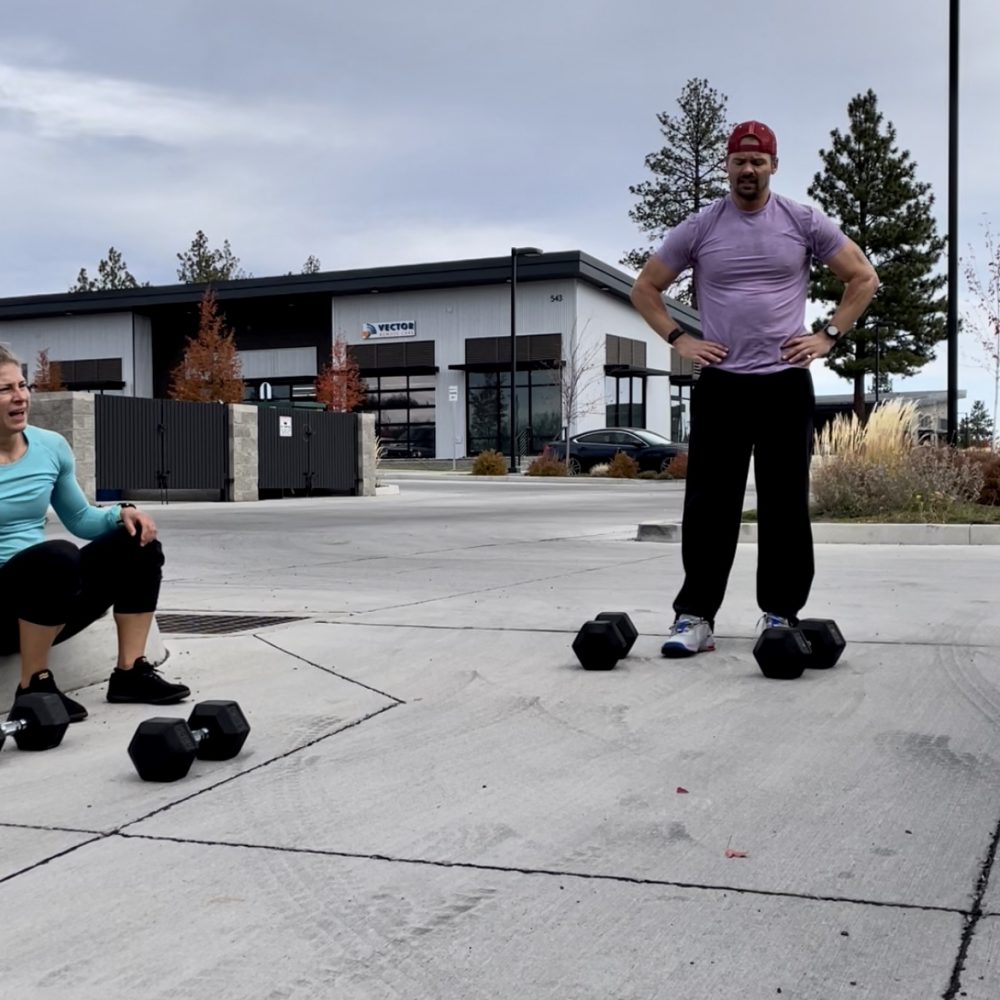
Injuries sustained while working out are NEVER fun, and have the potential to push back the gains that you’ve recently made.
It’s even more frustrating to try jumping back to your previous fitness routine, if you’ve decided to take time off from the gym. Which is the last thing you should do! Continue reading to find out what I mean…
Here are 6 tips to guide you through the recovery period and back to feeling 100%.
(First) Consult A Doctor
It’s always a good thing to consult your doctor when you’ve sustained an injury (or even better, you Physical Therapist). A good PT will conduct a series of tests to determine the extent of the injury, AND how to rehab it fast.
The doctor or PT can also notify you if you require surgery or physical therapy.
Also, note that you might have to see your general care doctor before your PT to get the PT sessions covered by your insurance. It’s a messed up system, I know!
Take Adequate Rest (BUT only the injured area)
It’s all too common to see someone injure themselves while working out (or in some other compactly), and stop working out all together waiting for the injury to heal up. Other than continuing to train the injured area, this is the worst thing you could possibly do for your recovery and general/specific fitness/strength/health.
You may need to take time away from the injured area to let it recover, but you can continue to make great progress in the areas that haven’t been touched by the injury.
Something you should make sure to focus on is getting the adequate rest and relaxation that is required to let your body repair the injury (and simply recover from your workouts faster). Products such as CBD oil can help calm you down, and even improve your sleep. I’ve found that taking a dose that is effective for you 6-7 hours prior to sleep can make a drastic improvement on sleep.
Go Slow
Jumping straight to your previous hard workouts when coming back from an injury can be a recipe for disaster. After an extended period of time rehabbing your injury (which you should be doing), your body may not be ready to get back to vigorous exercises right away.
You can start slow and gradually build on the intensity of the workouts in the injured area. Lifting heavy weights (or adding too much intensity) too soon may aggravate your injury and slow your progress. Be patient with yourself as you recover your momentum from before the injury.
Listen to Your Body
The best way to treat sports injuries is to prevent them from happening. You may need, now more than ever, to listen to your body after the injury.
It’s important that you should never rely on pain pills before your workout. You should learn from every injury that you have and become a better athlete because of the injury. Every single injury that I’ve had has started off as a massive bummer, but once I stop feeling sorry for myself (even the worst injuries I’ve had) have taught me something, and even improved my overall performance and fitness in the end. So, make sure you look for how these injuries can help you improve.
Pay Attention to Your Diet
Nutrition and hydration play a critical role in recovering injured tissue (and non-injured tissue for that matter). A healthy balanced diet and prescribed supplements can help accelerate your healing process.
Your diet and nutrition should NEVER be something that you take your eye off. If you do… it will eventually end up coming up to bite you in the form of an injury or disease.
Be Positive
It can be demoralizing to spend days, weeks, or months out without engaging in your favorite workouts or sport. It’s important to maintain a positive mindset and focus on what you can keep improving while you’re recovering from an injury.

There are ALWAYS ways to continue improving. For example, in college I badly injured my lower back while deadlifting and could hardly get out of bed without excruciating pain for weeks. But after I stopped feeling sorry for myself I was able to focus on training my upper body and set all time strength PR’s on my bench pressing movements that are still with me today!
Conclusion
An injury can deal a big blow to your fitness journey. You may need to stay calm and chart a path to recovery. Use the tips above to focus on recovery and even improvement during this time.

